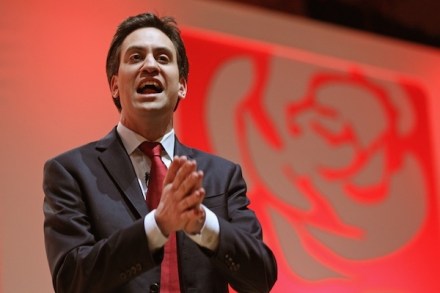The work experience Chancellor
Lord Oakeshott has just sparked some outrage by arguing on the World at One that George Osborne, who he described as a ‘Chancellor on work experience’ should be replaced by Vince Cable. He said: ‘I do think that George Osborne, he’s got no business experience, he’s never worked outside politics, and you know, he’s doing surprisingly well for a Chancellor on work experience, but really in a torrid time like this I think we do need the absolute best people available.’ A now-backbench Lib Dem peer announcing he would like to see a Lib Dem leading the Treasury team isn’t exactly the most surprising revelation. But what was interesting was




















